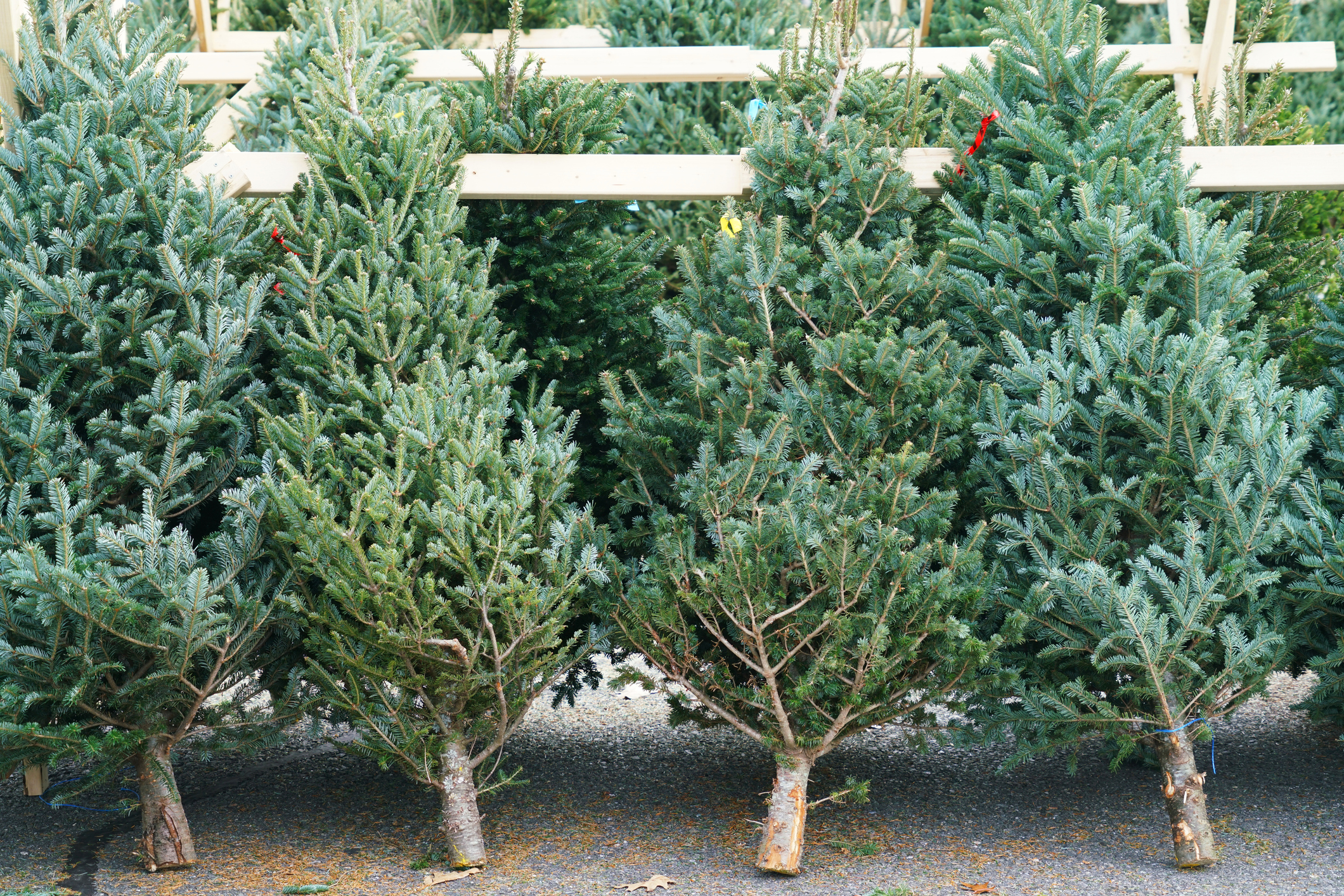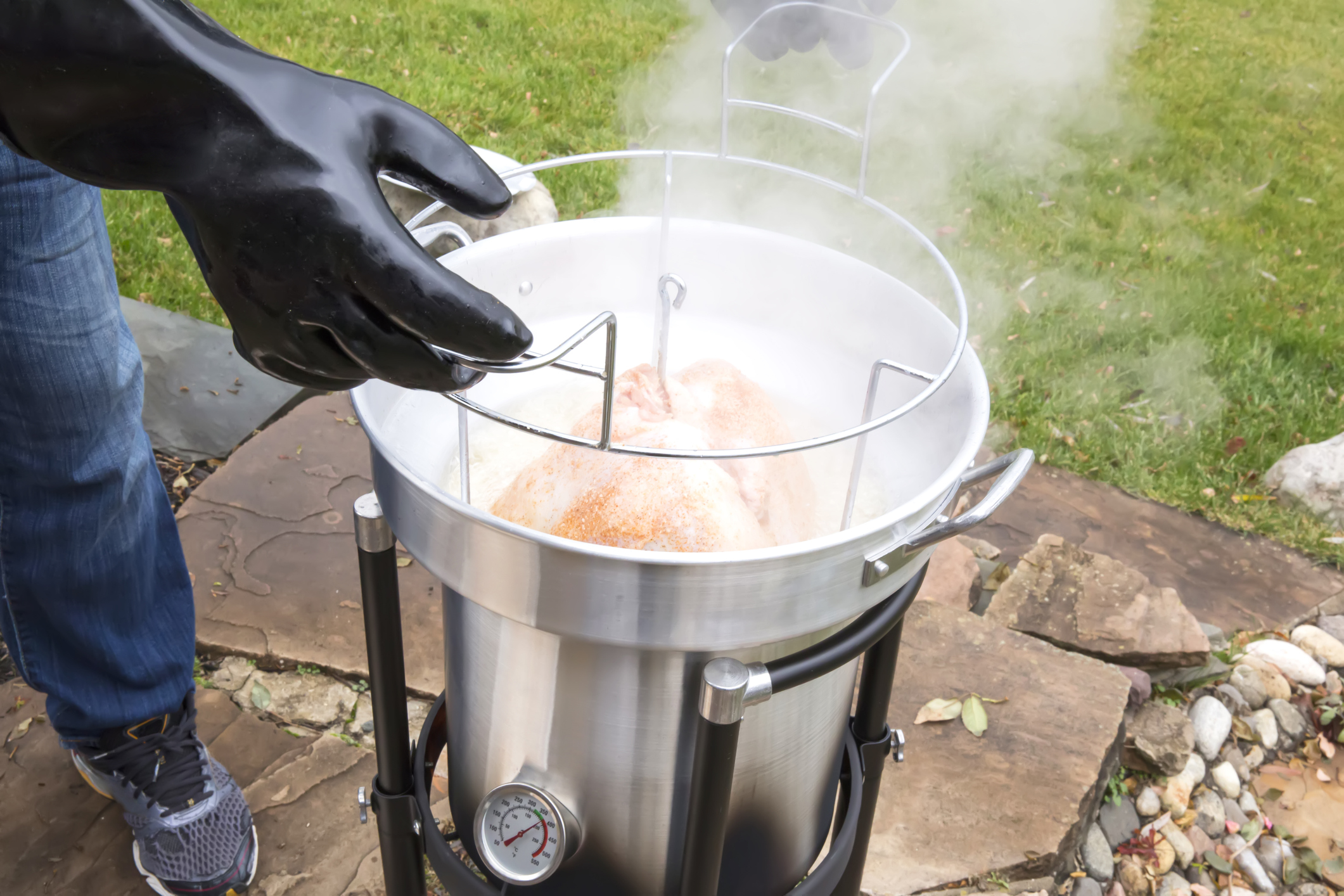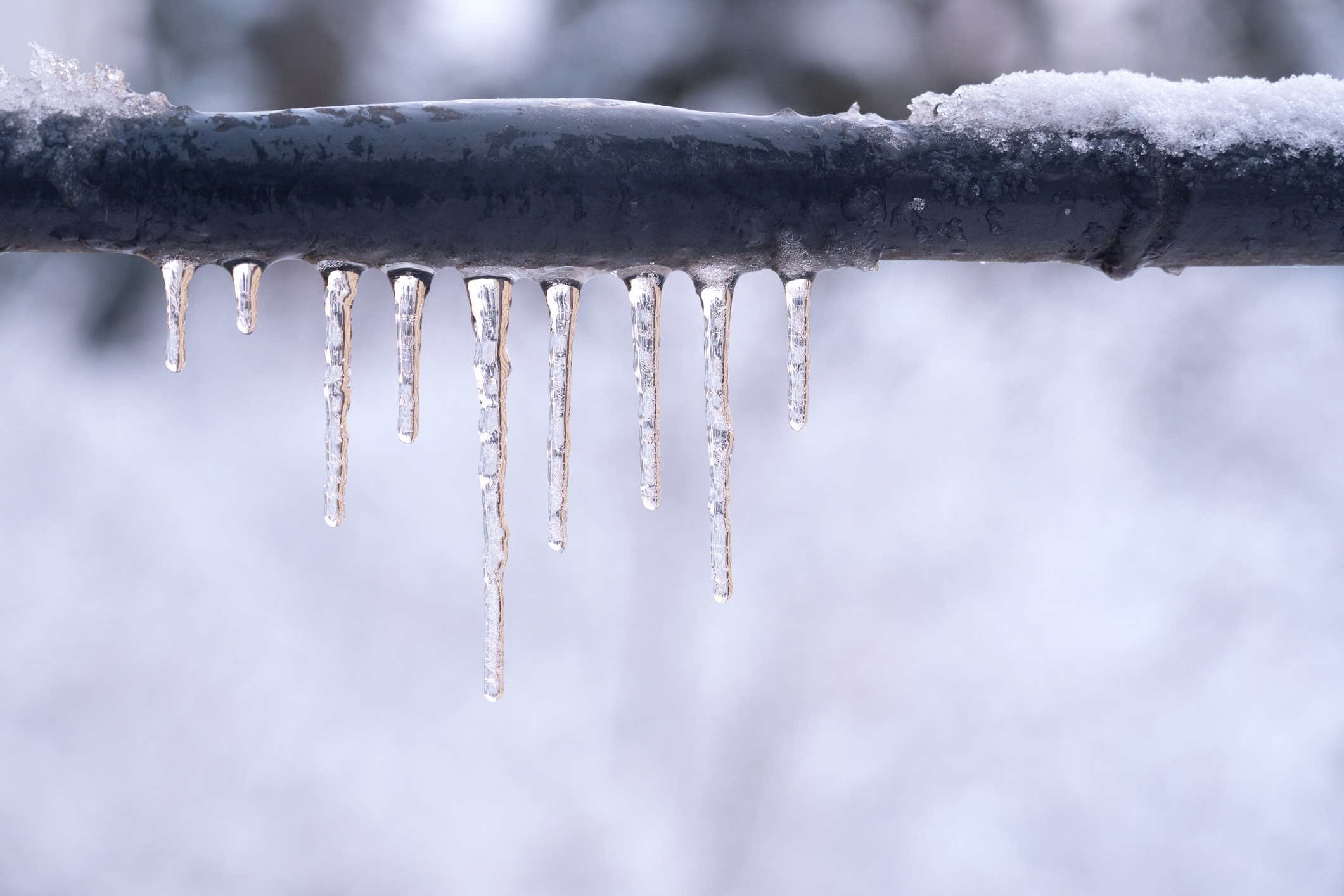Fires burn fast and spread fast. They can burn your house down and kill you. The good news is that you have easy steps to prevent fire damage. With a few easy safety devices and good sense, you can prevent your house and loved ones from being destroyed.
1. Check Your Smoke Alarms
Smoke detectors warn you of smoke or fire. Put them in every living room, bedroom, and hallway. Put one on each level of your house. Check them each month. Replace batteries every year. If an alarm goes off, replace the battery at once. Replace the whole smoke detector in 10 years.
2. Electrical Systems Safe
Plugs and cords short circuit and burn up if overloaded or old. Inspect them regularly. Replace them if you find cracks or fractures. Never use more than one appliance per outlet. Use surge protector power strips. Have your wiring inspected by a licensed electrician every three to four years. If lights flicker or breakers trip over and over, call for help right away.
3. Be Safe in the Kitchen
The majority of residential fires start in the kitchen. Never leave food cooking on the range unattended. Keep towels, paper, and other flammable items off the stovetop. Set pot handles toward the interior to prevent them from being knocked over. Never use water if a grease fire occurs. Smother with pan lid and take heat source away. Keep a small fire extinguisher nearby and learn how to use it.
4. Keep Heating Appliances in Good Working Condition
Heaters and fireplaces are risks if they are not maintained properly. Inspect and clean the chimney once a year. Move anything that can burn at least three feet from a space heater. Turn space heaters off when you leave a room or retire for the night. If you do have a furnace, have it serviced and inspected every year.
5. Keep Flammable Liquids in Proper Storage
Easy-to-burn liquids such as gasoline, cleaners, and paint thinner. Keep them in approval-safety or metal cans. Keep them in a dry, cool place out of heat. Do not keep them near your heater, water heater, or stove.
6. Practice Candle Safety
Candles will heat your home, but also cause fire. Use holders that do not tip over. Candles should not be placed near curtains, papers, and decorations. Never light a candle in a room where no one is going to stay there. Put out all candles in the evening. Use battery-operated candles as precaution.
7. Practice Cigarette Caution
If you have to smoke, smoke outside. Use heavy-duty, large ashtrays. Let cigarette butts burn down to an ember and then snub them out by grinding them in an ashtray. Never smoke in bed or sleepy. Cigarette fires begin slowly but spread very quickly.
8. Teach Children Fire Safety
Kids need to be taught the basics of fire safety. Make them learn to stop, drop, and roll if they become on fire. Don’t play with them around lighters and matches. Keep them locked up so they won’t be able to touch them. Practice fire drills so they will be ready in case of an emergency.
9. Install Fire Extinguishers
Place fire extinguishers in convenient locations like the kitchen, garage, and workshop. Leave them easily accessible. Practice the PASS method: Pull the pin out, Aim the nozzle at the base of the fire, Squeeze the handle, and Sweep back and forth. Check your extinguishers each year to make sure they are in working condition.
10. Create and Practice an Exit Plan
All of the people living in your home must know at least two ways out of every room. Select an outside meeting place. Practice your escape plan twice a year. Test your escape plan. In a real fire, seconds count.

11. Make Your Yard Fire Safe
Shrubs, limbs, and dead leaves on the exterior can also spread a fire. Keep your yard clean. Trim shrubs and trees, particularly around your house. Store firewood ten feet or further from your house. If you live in a wildfire zone, give your house a firebreak.
12. Do Not Use Burned Appliances
Worn-out or broken appliances will short or overheat. Check cords, plugs, and heaters regularly. If a plug smells like it is burning or feels too hot to touch, don’t use it and unplug it. Replace broken or defective appliances.
13. Use Outdoor Grills Safely
Place your grill in an area so that it will not be close to walls, railings, or hanging trees. Clean grease accumulation off your grill after each use. Keep a bucket of sand, garden hose, or fire extinguisher handy. Never leave a hot grill unattended.
14. Safe Fireplaces
Use a screen in front of your fireplace to catch sparks before they fly outward. Burn dry seasoned wood by itself. Never burn treated wood, cardboard, or garbage. Let ashes cool down before they are thrown away. Keep ashes in a tightly lidded metal bucket.
15. Be Aware of Seasonal Dangers
Holiday lights, decorations, and heaters are fire hazards during winter. Inspect lights for broken cords before using them. Do not overload outlets. Water the Christmas tree to prevent it from drying out. Switch off lights and decorations when coming home or retiring.
16. Be Aware and Responsible
Distraction and forgetfulness cause most fires. If you have been lighting, cooking, or heating, stay in the room. Do not consume alcohol or ingest medication that will make you sleep when working with open flames. Switch everything off when leaving home or sleeping.
17. Install a Sprinkler System
An in-home sprinkler system can actually put out a fire before it has had time to spread. New systems are safe and can be installed on new or newly remodeled homes. They activate automatically when heat is sensed. This can save lives and reduce damage.
18. Have Key Numbers on Hand
Post emergency numbers where everyone can see them. These are the fire department, police, and emergency medical services. If children reside with you, show them how to call for assistance.
19. Check Your Home Occasionally
Check around your home and identify fire hazards. Check outlets, cords, and appliances. Ensure exits are free from obstructions. Identify things that cause a fire. Check every month to avoid accidents.
20. Be Prepared When a Small Fire Occurs
If you experienced a small fire that you extinguished, also report this. The hot spots are only naked eye-visible in exceptional conditions. Vent your house to eliminate the smoke. Replace the burned equipment or wire prior to being reused.
Final Thoughts
Fire prevention starts with the minutest of things. Test your fire alarm systems, maintain a clean house, and take care of fire sources with care. Train your household members in safety and response. By doing these, you can simply eliminate the possibility of fire damage and secure your loved ones.




